1. What is Computation- first class
Computation refers to the process of performing calculations, operations, or transformations on data using a computer or other computational devices. It involves manipulating input data through a series of well-defined steps, following specific rules or algorithms, to produce meaningful output. Computation is the fundamental process that underlies all digital technologies and is the basis for a wide range of applications, from basic arithmetic calculations to complex simulations, data analysis, and artificial intelligence.
Computation can be broken down into several key components:
1. **Input:** This is the data or information that is provided to the computational system. It can take various forms, such as numbers, text, images, or other types of data.
2. **Processing:** Processing involves applying algorithms and operations to the input data. Algorithms are step-by-step instructions that define how to perform specific tasks. These tasks can range from basic arithmetic operations (addition, subtraction, multiplication, division) to more complex operations involving logical decisions, comparisons, and transformations.
3. **Memory:** Computers store both the input data and the intermediate results of computations in memory. Memory allows the computer to access and manipulate data quickly during processing.
4. **Output:** After processing the input data, the computational system generates output. This output can be in various forms, such as numerical results, graphs, images, text, or any other format that conveys the outcome of the computation.
Computation can be categorized into different types based on its nature and purpose:
1. **Numerical Computation:** Involves performing arithmetic and mathematical operations on numerical data. This is used in fields like engineering, physics, and finance to solve equations, simulate physical processes, and analyze data.
2. **Symbolic Computation:** Involves manipulating symbols and algebraic expressions to solve equations, perform symbolic differentiation and integration, and work with mathematical formulas.
3. **Logical Computation:** Involves operations based on Boolean logic, which deals with true and false values. It's fundamental to computer programming, where decisions and conditions are determined through logical operations.
4. **Data Computation and Analysis:** Involves processing and analyzing large datasets to extract meaningful insights. This is essential in fields like data science, machine learning, and artificial intelligence.
5. **Simulation:** Involves using computation to model and mimic real-world processes, systems, or phenomena. Simulations are used in various domains, including science, engineering, and entertainment.
6. **Parallel and Distributed Computation:** Involves dividing a computation into smaller tasks that can be executed simultaneously on multiple processors or computers, resulting in faster processing times.
7. **Quantum Computation:** Involves using quantum bits (qubits) to perform computations based on principles of quantum mechanics. Quantum computers have the potential to solve certain problems much faster than classical computers.
Computation has revolutionized various aspects of human life and has paved the way for technological advancements across many fields. It powers the software we use, the devices we rely on, and the scientific discoveries we make.
-
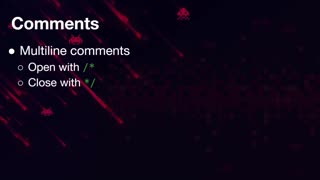 11:04
11:04
All things Computers
7 months ago04 Compiler
3 -
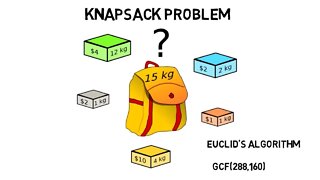 7:27
7:27
Zach Star
7 years agoWhat is Computer Science? (Part 2: Algorithms, Computation, and more)
-
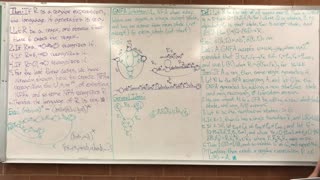 2:02:29
2:02:29
Computation Theory or Theory of Computation
1 year agoLecture 7 (Computation Theory)
9 -
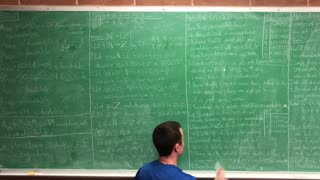 1:47:43
1:47:43
Computation Theory or Theory of Computation
1 year agoLecture 16 (Computation Theory)
3 -
 6:14
6:14
Find Richard Halliday
1 year agoCompilation 2
8 -
 7:04
7:04
Find Richard Halliday
1 year agoCompilation 1
34 -
 0:53
0:53
JenniferPilates
1 year agoHow Does Numerology Work?
44 -
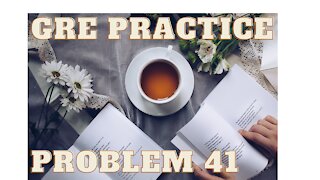 2:11
2:11
GRE Practice
3 years agoAppropriate Calculation Correction: Practice GRE with a Cambridge PhD
10 -
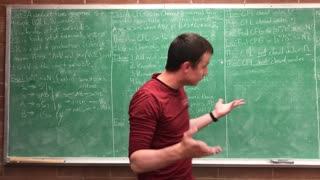 2:01:15
2:01:15
Computation Theory or Theory of Computation
1 year agoLecture 9 (Computation Theory)
5 -
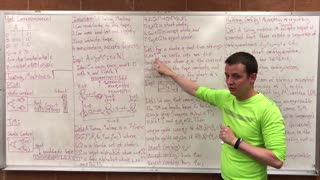 1:15:13
1:15:13
Computation Theory or Theory of Computation
1 year agoLecture 12 (Computation Theory)
1